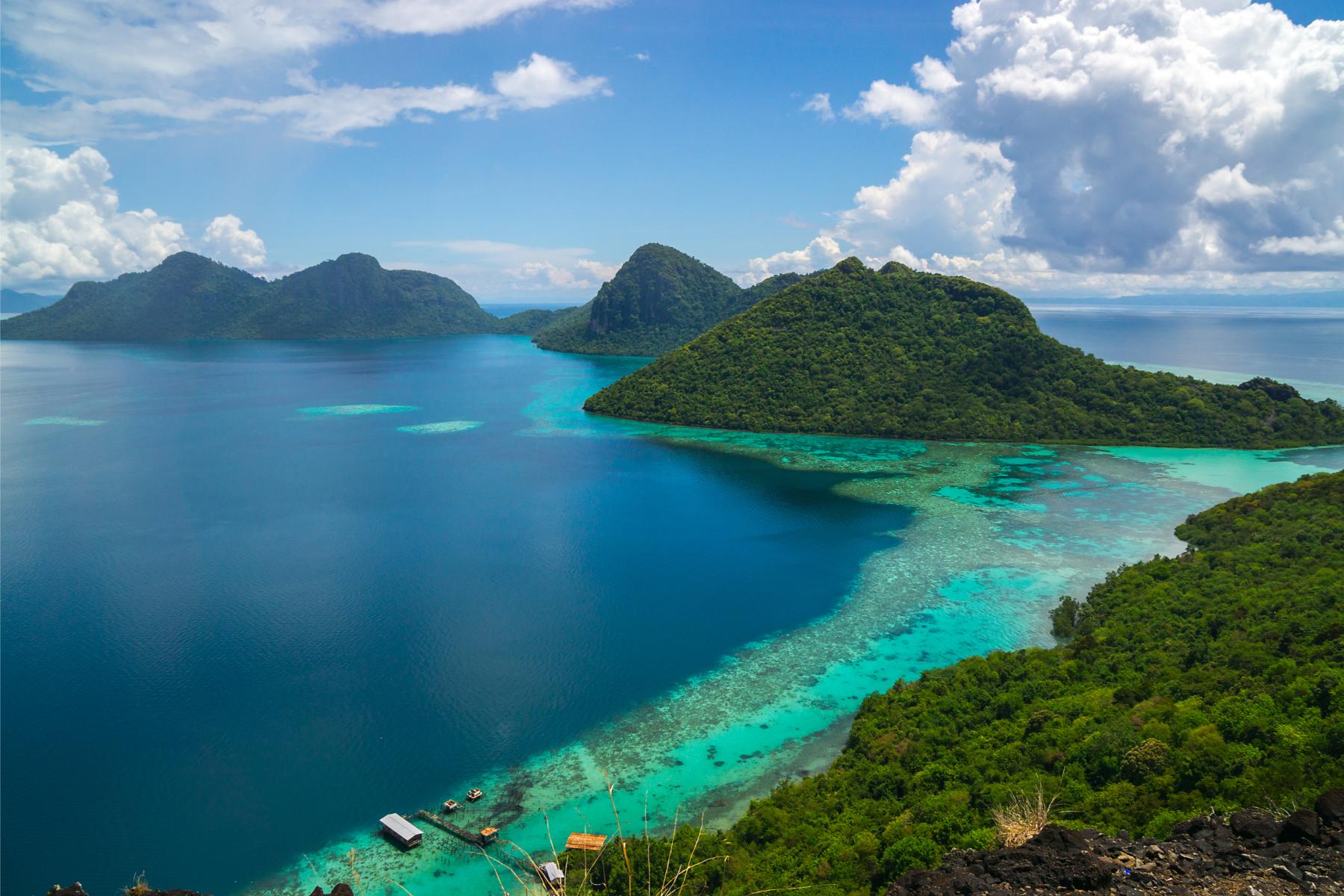
The Indonesian Ministry of Tourism has announced the country aims to attract between 14.6-16 million international visitors in 2025. Minister of Tourism, Widiyanti Putri Wardhana, has also emphasised that effective marketing will be the key to maximising potential and increasing the attractiveness of Indonesian tourism on the global stage in the months ahead.
According to Statistics Indonesia (BPS), as of October 2024, the country recorded 11.6 million international arrivals. Subsequently, the number of foreign tourists entering Indonesia in December 2024 was around 1-1.32 million, with revenue generated amounting to $1.4 billion – 1.85 billion. According to Widyanti, marketing will be key to boosting these numbers still further in 2025.
“Marketing is a key factor in the Indonesian tourism industry,” said the minister at the 2024 End of Year Press Conference (JPAT) which took place in Jakarta. “Through effective promotion, Indonesian tourism will be increasingly known to the world,” she added.
To that end, tourism exhibitions such as Internationale Tourismus Borse (ITB) Berlin, World Travel Market (WTM) London and ATM Dubai have already contributed significantly to the ministry’s marketing drive. ITB Berlin, for example, managed to generate potential foreign exchange of IDR 8 trillion in 2024, while WTM London recorded IDR 8.1 trillion.
Apart from conventional marketing programmes such as travel fairs, the Ministry of Tourism is also utilising forms of digital amplification to introduce major new campaigns such as “Wonderful Indonesia,” “Keep the Wonder,” and #diIndonesiaAja. These campaigns are expected to be expanded in 2025, and will showcase new destinations, offerings and segments that are of interest to international travellers.
Indonesia’s culinary sector is one area that holds potential, with growing popularity among foreign holidaymakers. To explore this potential, the government has created the Indonesian Food Startup (FSI) and Indonesian Restaurant Fundraising (IndoStar) programmes, which set out to support the development of local culinary offerings and highlight the attractiveness of Indonesia as a destination for international foodies.
Another area of great potential is a nationwide network of tourism villages which showcase the unique cultural heritage of Indonesia, by providing visitors with travel experiences that focus on authenticity and personal interaction. In 2024, around 50 of the country’s best tourist villages were selected for further development in 2025, and the Tourism Village Network (Jadesta) now lists more than 6,000 of these villages on its books.
Moreover, the Jatiluwih (Bali) and Wukirsari (Yogyakarta) Tourism Villages won the “Best Tourism Villages by UN Tourism 2024” award in 2024, opening the door to further acclaim on the world tourism stage in 2025. With a growing reputation, and a clear emphasis on responsible, sustainable travel experiences, these villages – and many more like them – could hold the key to meeting Indonesia’s inbound traveller targets in the year ahead.
In addition to tourism villages, the Ministry of Tourism is also focusing on developing its so-called ‘Super Priority Tourism Destinations (DPSP)’, such as Lake Toba, Borobudur, Labuan Bajo, Mandalika and Likupang. The ongoing development of these destinations is expected to further attract both domestic and foreign tourists, thereby contributing to foreign exchange and creating jobs for local communities.
Through a combination of international marketing campaigns, development of tourism destinations and the exploration of new experiential segments, Indonesia expects to meet its targets in 2025 and further raise the nation’s standing on the world stage through unique and sustainable tourism offerings.




